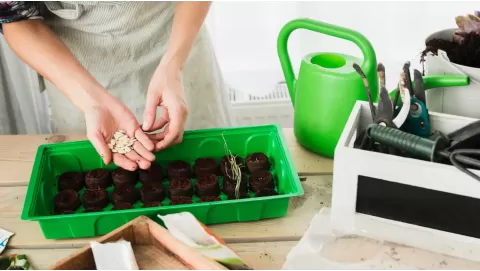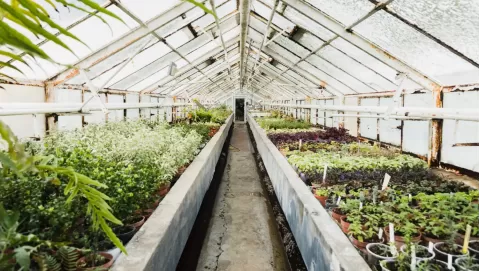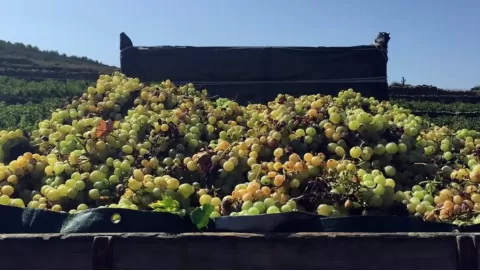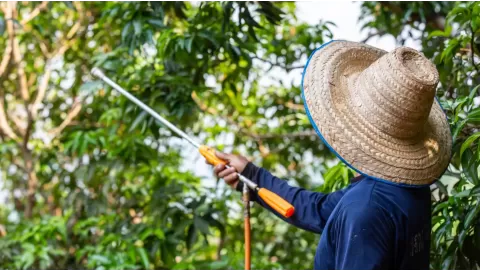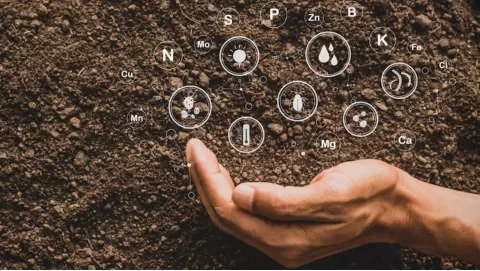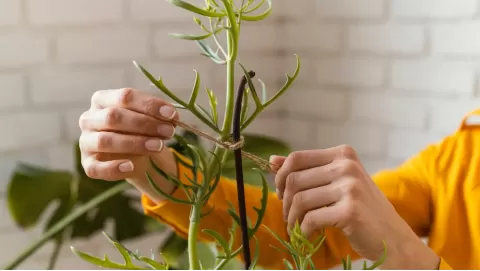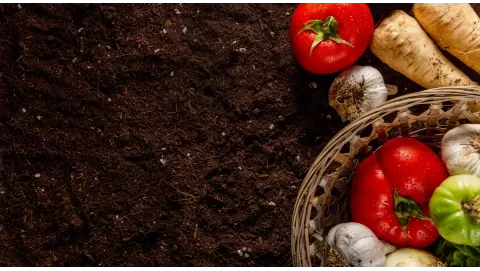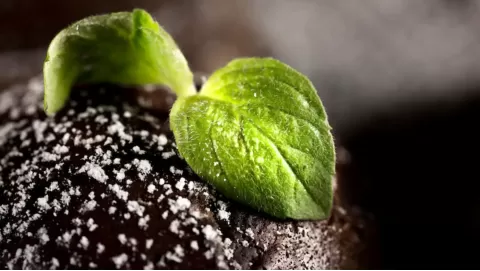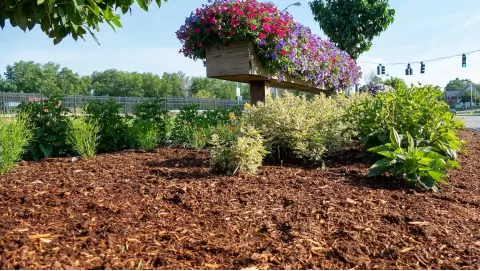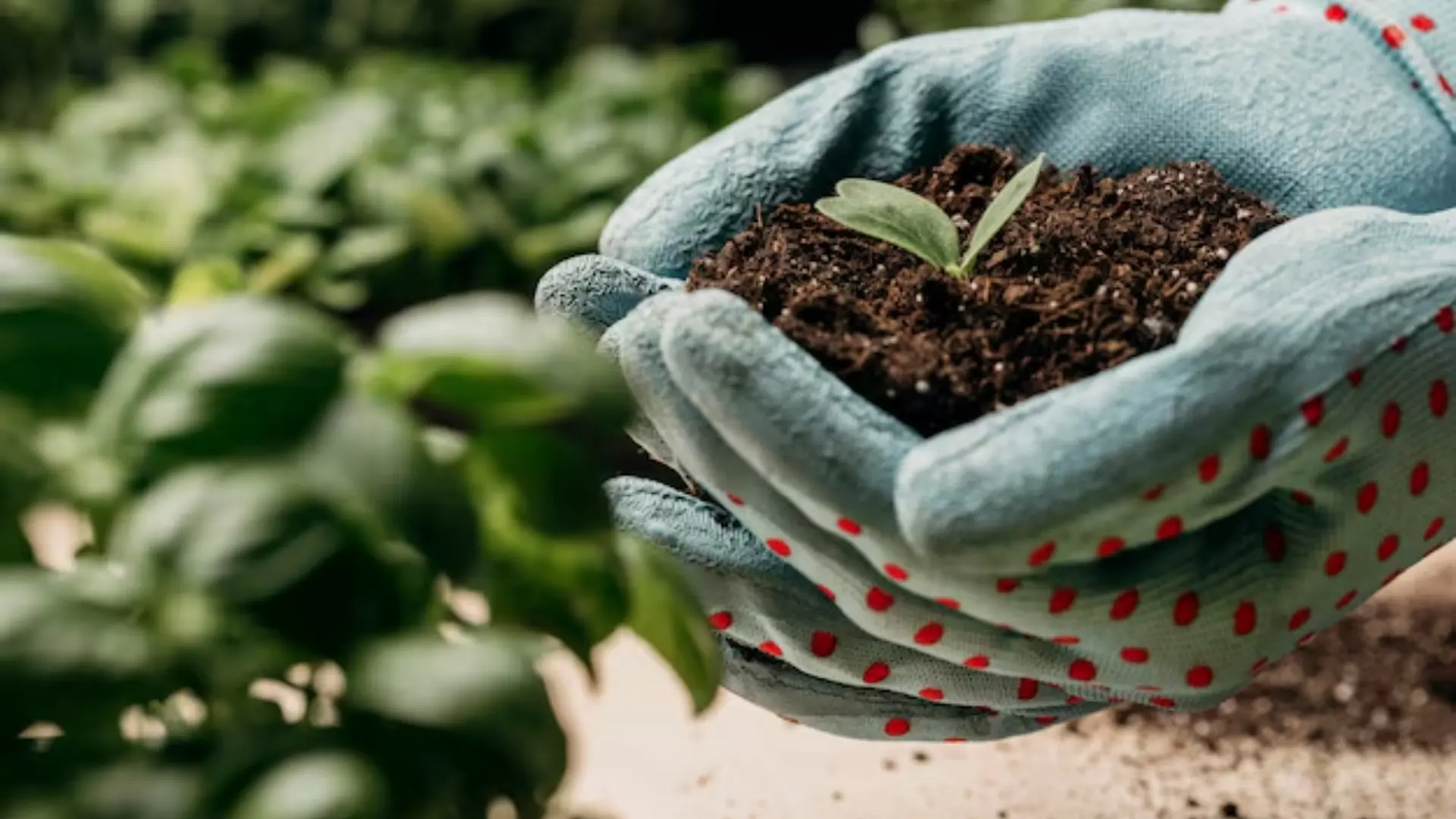
Elevating Horticulture: How West Coast Horticulture, PhycoTerra, and Tanks Green Stuff are Transforming Sustainable Growing Practices
In an era where sustainability has become the foundation of modern agriculture, the demand for innovative, environmentally friendly solutions is greater than ever. Farmers and horticulturists around the world are adopting strategies that not only increase crop yields but also encourage soil health and environmental responsibility. This shift toward sustainable farming practices has resulted in ground-breaking products and technology that maximize the use of natural resources while preserving or improving crop yield.
Three companies are driving this transformation: West Coast Horticulture, PhycoTerra, and Tank's Green Stuff. Each of these industry experts significantly impacts how producers handle soil health, nitrogen management, and waste reduction. West Coast Horticulture provides high-quality organic fertilizers that promote plant growth and benefit the earth.

PhycoTerra, an innovator in soil microbiome activation, harnesses microalgae to improve soil structure and boost crop resilience. Meanwhile, Tank's Green Stuff offers organic compost and soil amendments that shut the loop on sustainable farming by utilizing locally obtained, organic ingredients.
Together, these companies are revolutionizing horticulture by providing solutions that promote long-term environmental health while maintaining agricultural output. This article looks at how their inventions are helping to create a more sustainable future for both producers and the environment.
What Is Sustainable Horticulture and Why Is It Important?
Sustainable horticulture is cultivating plants that benefit the environment while serving present agricultural demands. This method prioritizes natural resources, soil health, and biodiversity to lessen farming's environmental impact. It aims to reduce synthetic inputs like chemical fertilizers and pesticides in favor of organic and regenerative practices that promote ecosystem balance.
Healthy soil is the foundation of sustainable horticulture. It functions as a living ecosystem, supplying plants with critical nutrients, aiding water retention, and encouraging root development. Microbial activity in the soil is essential to realizing these benefits. Microbes help to break down organic matter, making nutrients more accessible to plants.

They also form symbiotic connections with plant roots, increasing nutrient intake and protecting plants from disease and drought. Sustainable horticulture values natural processes and strives to maintain a profitable agricultural system that does not deplete or destroy the environment. By enhancing soil health and optimizing nutrient cycling, these innovative companies are not only improving crop yields but also promoting sustainable food production that meets the demands of an ever-growing population. They also help significantly reducing greenhouse gas emissions associated with traditional farming methods.
As climate change continues to threaten sustainable food systems security, the strategies implemented by these companies play a crucial role in mitigating its effects by fostering a more sustainable approach to horticulture and promoting practices that enhance carbon sequestration in soils.
PhycoTerra: Waking Up the Soil Microbiome for Sustainable Agriculture
Soil health is the foundation of sustainable agriculture, and PhycoTerra is transforming how farmers improve it. With 75% of soil bacteria frequently hidden owing to a lack of sufficient sustenance, PhycoTerra's microalgae-based products serve as an excellent food supply, awakening the "sleeping giant" in the soil microbiome. By activating these bacteria, PhycoTerra improves soil structure, increases water retention, and optimizes nutrient uptake, resulting in healthier, more resilient crops.
Healthy soil is vital for crop growth, and with PhycoTerra, farmers can realize its full potential. The products work by nourishing beneficial bacteria and fungi in the soil, which then perform essential activities such as increasing water-holding capacity by up to 10% and increasing nutrient availability. This leads to higher agricultural yields and a better return on investment (ROI) for farmers. Furthermore, PhycoTerra promotes residue management following harvest, contributing to long-term soil health and sustainability.
PhycoTerra products do more than feed the soil; they support regenerative agriculture. These products, derived from natural, renewable microalgae, assist in regenerating, not depleting, the land. PhycoTerra promotes better ecosystems by supporting soil microbiomes, allowing farmers to grow more robust crops with fewer external inputs. PhycoTerra's seed treatments, soil microbial food, and revolutionary foliar products provide long-term solutions that help farmers enhance productivity while protecting the environment for future generations.
With PhycoTerra, sustainable agriculture becomes more than a practice; it is a road to regenerative farming and increased crop yields that benefit both farmers and the environment.
Building Resilient Soils: The Foundation of Sustainable Agriculture
Resilient soils are vital for sustainable agriculture because they assure agricultural productivity over time while safeguarding the environment. Soil resilience refers to the soil's ability to recover from disturbances such as extreme weather events or intensive farming techniques while still sustaining healthy plant development. Crop rotation, organic composting, and reduced tillage all help to enhance soil resilience.
One of the most essential elements of resilient soils is their ability to retain nutrients and water. Soils rich in organic matter and microbial life have a higher water-holding capacity, reducing the need for irrigation and allowing plants to thrive during dry spells. This increases agricultural yields and reduces reliance on external inputs, making farming more sustainable.
The commitment of these industry leaders to organic fertilizers and microbial activation illustrates how sustainable agricultural practices can lead to more resilient ecosystems while minimizing environmental impact.
Cultivating a Greener Future: How Tank's Green Stuff is Revolutionizing Organic Gardening and Sustainable Waste Management
Tank's Green Stuff is an expert in sustainable agriculture practices and eco-friendly gardening. With its high-quality organic compost and extensive recycling services, Tank's Green Stuff takes an innovative approach to cultivating healthier landscapes while encouraging environmental responsibility.
Organic Solutions for Thriving Gardens
Tank's Green Stuff's aim is around its vast array of OMRI-listed organic compost and other landscaping items. Tank's products, whether for a home gardener or a business landscaper, are intended to improve soil quality, promote plant development, and contribute to a more sustainable ecology.
Their Organic Compost, accredited by the US Composting Council's Seal of Testing Assurance, is made of locally sourced ingredients and is a soil amendment suited for various gardening projects. This nutrient-rich compost revitalizes soil, promotes robust root systems, and ensures that plants receive the nutrients they require for optimal growth.
Tank's product line also includes specialist mixes such as the Pro Cactus & Succulent Mix, suitable for plants that require excellent drainage, and the Coco Soil Potting Mix, which provides a unique combination for container gardening. These meticulously developed mixtures cater to a wide range of plant types, ensuring gardeners have access to high-quality organic solutions adapted to their specific requirements.
The Power of Sustainable Fertilization
Sustainability goes beyond compost and soil products. Tank's SuperMix Fertilizer is a 100% natural and organic fertilizer that complements the company's compost products. This organic fertilizer delivers balanced nourishment to plants, decreasing the need for chemical-based alternatives, which can harm soil health over time. Gardeners using organic compost and fertilizers boost plant vigor while contributing to long-term soil health and sustainability.
A Commitment to Waste Reduction and Recycling
Tank's Green Stuff doesn't just provide organic landscape solutions. It also contributes significantly to trash reduction by offering innovative recycling and waste management services. The company accepts a wide range of commodities, including building debris, green trash, and inert materials, and works hard to remove recyclables from landfills.
Tank's strategy keeps dangerous elements out of the environment while encouraging the reuse of precious resources. Their roll-off services are excellent for construction, renovation, and cleanup operations, with customizable options, including debris removal and material delivery. Tank's Green Stuff's business strategy includes recycling, which decreases environmental impact and promotes responsible waste management.
Nutrient Cycling and Water Management: How Sustainable Practices Conserve Resources
Nutrient cycling is how essential nutrients like nitrogen and phosphorus are broken down and reused in the soil. Composting, cover cropping, and organic fertilization are examples of sustainable techniques that help to maintain natural nutrient cycling and keep the soil fruitful year after year. These approaches limit the need for synthetic fertilizers, which are harmful to the environment due to runoff and water pollution.

Water management is another important aspect of sustainable horticulture. Drip irrigation, mulching, and composting all help to conserve water by reducing evaporation and enhancing soil moisture retention. This saves water wastage and ensures that crops are properly hydrated, especially in water-scarce environments. Effective fertilizer cycling and water management are crucial to maintaining agricultural output while safeguarding natural resources.
West Coast Horticulture: Leading the Charge in Sustainable Fertilization for Modern Horticulture
West Coast Horticulture is examining what it means to be sustainable in today's constantly changing agricultural world. As a market leader in specialist fertilizers and plant nutrition solutions, the firm is committed to assisting farmers in maximizing crop potential while adhering to environmentally friendly principles. With a strong emphasis on organic and conventional fertilizers, West Coast Horticulture has established itself as the go-to solution for producers seeking to combine production and sustainability.
Specialty Fertilizers Designed for Each Growing Style
West Coast Horticulture provides a diverse assortment of specialist fertilizers developed for specific uses and growth types, guaranteeing that every grower—from the hobbyist gardener to large-scale commercial operations—has the resources they need to succeed. Whether liquid or dry, these fertilizers are precisely designed, utilizing only the purest raw ingredients to ensure maximum plant health and nutrient uptake.
What distinguishes West Coast Horticulture is its dedication to providing fertilizers that promote plant development and protect the environment. The company's organic fertilizers are designed to improve soil health, minimize dependency on synthetic inputs, and promote sustainable farming techniques that meet the demands of environmentally aware producers. This emphasis on organic solutions enables farmers to lessen their environmental impact while maintaining high yields.
The Economic Benefits of Sustainable Growing Practices for Farmers
Adopting sustainable farming practices improves the environment and provides significant economic benefits to farmers. Farmers can reduce operating expenses over time by reducing reliance on synthetic fertilizers, pesticides, and excessive water use. Sustainable techniques also result in healthier soils, which generate higher-quality crops and increase long-term profitability.
Furthermore, customers increasingly demand sustainably farmed products, opening up new business prospects for farmers using environmentally friendly methods. Sustainable agriculture can provide premium pricing, certification programs, and access to specialized markets that value organic and environmentally responsible farming. For farmers, the drive toward sustainability benefits the environment and their economic line.
The Bottom Line
Companies such as West Coast Horticulture, PhycoTerra, and Tank's Green Stuff are leading the drive to revolutionize how to approach horticulture as the globe shifts toward more sustainable farming techniques. Their inventive solutions meet farmers' and gardeners' urgent demands and prioritize the planet's long-term health. By concentrating on soil health, nutrient cycling, and responsible waste management, these businesses demonstrate that it is feasible to grow thriving gardens while prioritizing environmental sustainability.
These industry experts are improving soil resilience and encouraging crop development by combining organic fertilizers, microbial activation, and high-quality compost. Their commitment to sustainability extends beyond product offers; they are committed to educating consumers and farmers about the value of eco-friendly practices in today's agricultural landscape.
The economic benefits of sustainable horticulture are apparent, allowing farmers to decrease prices and enter new markets. As consumer preferences shift toward sustainably sourced products, the need for sustainable farming solutions will only increase.
Finally, the initiatives of West Coast Horticulture, PhycoTerra, and Tank's Green Stuff indicate a shared vision for a more sustainable future in horticulture. By embracing these creative approaches, you can assure a healthier planet, increase agricultural productivity, and leave a legacy of environmental stewardship for future generations.
Disclaimer:This material is for informational purposes only and should not be relied on for legal, medical, financial, or any other form of professional advice.




